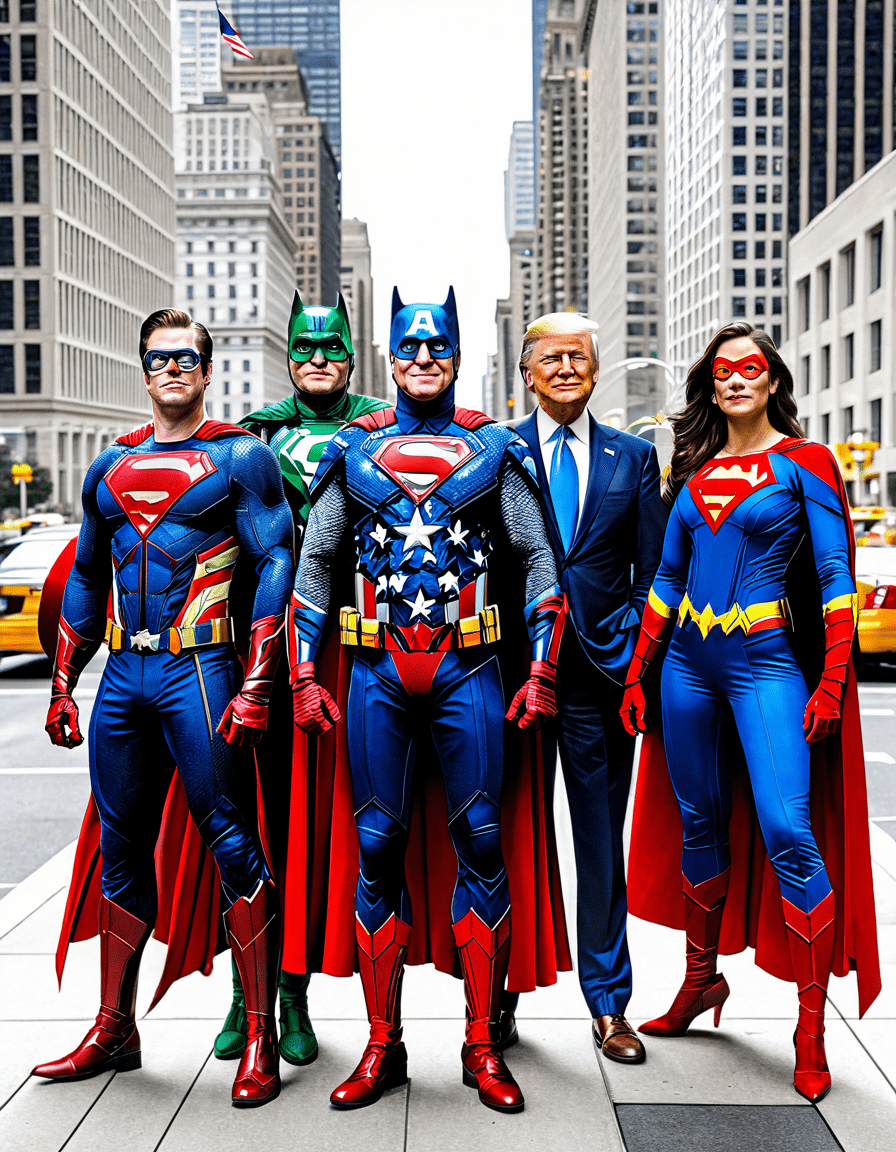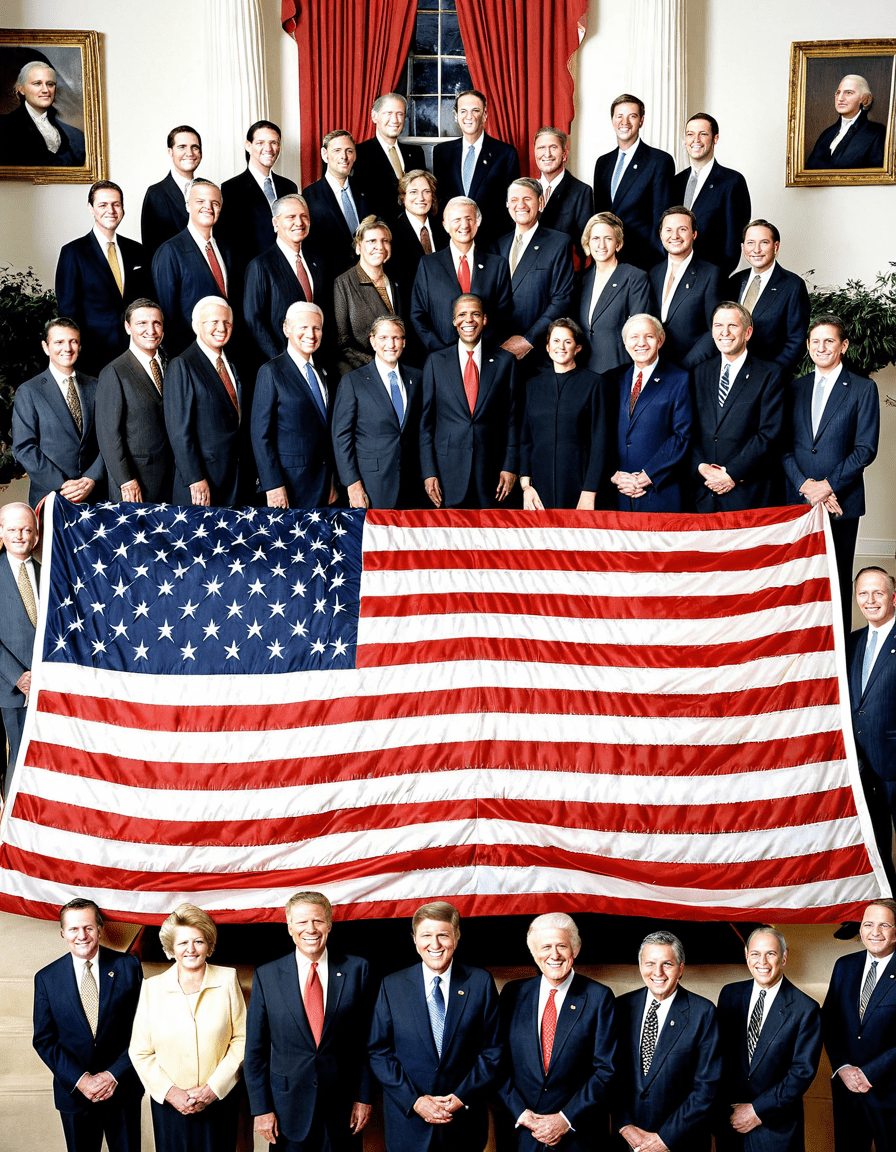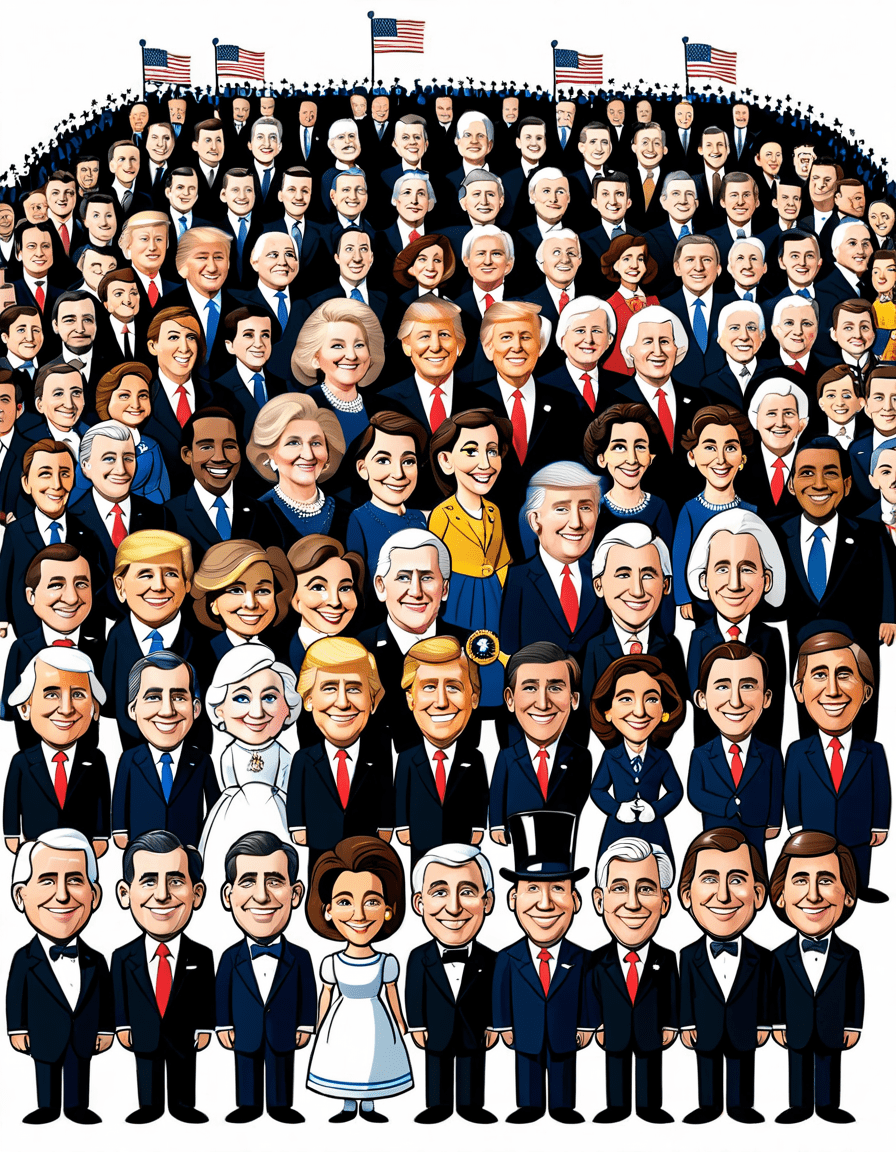The legacy of all US presidents paints a vivid picture of the United States, showcasing a journey marked by triumphs and tribulations. Each presidency is a chapter that contributes to the broader tale of a nation striving for progress, grappling with its ideals and realities. From George Washington to Joe Biden, the influence of these leaders extends beyond their time in office; it shapes the policies, culture, and identity of America today.

The Influence of All US Presidents: Key Highlights
1. George Washington: The Reluctant Leader
George Washington, often regarded as the father of the nation, set the groundwork for the presidency. He was a reluctant leader, wary of the immense power vested in him. Through actions like stepping down after two terms, he established a precedent for presidential conduct and promoted the idea of neutrality, steering the nation away from foreign conflicts.
Washington’s legacy also centers on unity. His ability to bring together a fledgling nation with diverse interests solidified the importance of cooperation in governance. As he famously said, “The nation which indulges toward another nation an habitual hatred, or an habitual fondness, is in some degree a slave.” His call for neutrality still resonates in American foreign policies today.
2. Abraham Lincoln: The Emancipator
Abraham Lincoln emerged during one of the country’s most turbulent times, the Civil War. His leadership preserved the Union while redefining civil rights. The Emancipation Proclamation liberated enslaved people in the states in rebellion, laying the groundwork for future civil rights advancements.
Lincoln’s famous “government of the people, by the people, for the people” directly influenced democracy’s evolution. His vision expanded the notion of citizenship, catalyzing efforts to include all Americans in the political process—an ongoing struggle that echoes through history into contemporary debates about voting rights and representation.
3. Franklin D. Roosevelt: The Czar of the New Deal
Franklin D. Roosevelt, often dubbed the “Czar of the New Deal,” reshaped America’s economic landscape during the Great Depression. The term “czar” has become synonymous with broad authority in governance, reflecting how FDR centralized economic strategies to combat despair.
His New Deal programs—such as Social Security and the Civilian Conservation Corps—transformed the federal government’s role in everyday life, introducing a safety net that Americans came to rely on. These policies also sparked essential conversations about the balance between government intervention and personal responsibility that are still pertinent today.
4. John F. Kennedy: The Charismatic Visionary
John F. Kennedy’s presidency was marked by charisma and an optimistic vision for the nation. His decisive leadership during the Cuban Missile Crisis avoided a potential nuclear disaster, highlighting the importance of cool heads in government during crises.
Kennedy also revitalized civil rights initiatives, pushing for equality and justice. His “We choose to go to the Moon” speech in 1962 not only inspired space exploration but also symbolized American resolve. This legacy continues to resonate, exemplifying the intersection of ambition, science, and national pride.
5. Ronald Reagan: The Great Communicator and Economic Shift
Ronald Reagan’s presidency ushered in a new era of conservatism, solidifying the Republican Party’s stance on limited government and free-market principles. Nicknamed “The Great Communicator,” Reagan shifted public sentiment towards a belief that the government should do less, allowing for more personal freedom.
His tax cuts and policies aimed to stimulate economic growth raised debates on taxation and the federal deficit. The discussions he sparked about the size and scope of government remain central themes in American politics, influencing leaders and aspirants like Yoav Gallant today.
6. Barack Obama: The First African American President
Barack Obama’s presidency signified a milestone in American history as the first African American to assume the office. He shattered glass ceilings, symbolizing hope and progress for minorities across the nation.
The Affordable Care Act, often referred to as “Obamacare,” aimed to provide healthcare to millions of uninsured Americans. Its implications for health policy continue to spark discussions about healthcare access and affordability, reflecting the ongoing relevance of Obama’s legislative legacy in modern debates.
7. Donald Trump: The Polarizing Force
Donald Trump’s presidency stirred fierce debate among citizens. His approach to foreign policy, particularly with measures like withdrawing from international agreements, highlighted his unconventional style. He also prioritized an “America First” agenda concerning trade and immigration.
Trump’s time in office raised controversies about electoral integrity, with claims around 2000 Mules igniting national conversations about voting systems. His polarizing approach is a stark reminder of how governance impacts societal divisions, shaping public sentiment even after his tenure.

The Broader Cultural Impact of All US Presidents
Joey Gallo’s Rise: Linking Pop Culture and Politics
Throughout history, presidential legacies intertwine with cultural phenomena. Figures like Joey Gallo bridge the gaps between pop culture and politics, illustrating how individuals can reflect societal issues.
As leaders navigate their terms, the arts—a range encompassing television, film, and music—often respond. Modern references, like Iron Claw streaming, serve as cultural touchstones, highlighting how political climates influence entertainment narratives and vice versa.
Legacy in Literature and Media: The Role of Narratives
Presidential legacies are also captured in literature and media, impacting public perception. Works exploring significant leaders offer insights into the historical context and changes that shaped America. Documentaries on figures like Lincoln and FDR continue to educate new generations, revealing essential lessons from past presidents.
The rise of platforms, such as those discussing Kyron Drones, illustrates how technology merges with storytelling, making presidential histories accessible. This connection underscores the importance of narrative in understanding political legacies.
The Influence of External Forces: Politics and Social Movements
The Role of Civil Society: Communicating the Voice of the People
Civil society plays a crucial role in amplifying the voice of the people. Organizations and movements, such as the Latin Kings gang, demonstrate the complexity of grassroots activism and its impact on political landscapes. These entities can challenge prevailing narratives, holding presidents accountable to their constituents.
Widespread movements often mirror presidential policies, demonstrating how public sentiment drives political engagement. The influence of community organizations showcases the essential dialogues between grassroots efforts and official governance.
The Czar and Border Security: Shaping National Identity
The term “czar” also applies to discussions around border security, where border czars influence immigration policies profoundly. The conversations surrounding immigration are interwoven with national identity, reflecting differing opinions among citizens.
Current policies and public sentiment emphasize the ongoing debate about security and access to the nation. As communities engage, these dialogues shape the overarching narrative of who we are as a country.
Emerging Leaders and Their Connection to Presidential Legacies
The New Wave: Individuals Shaping Future Histories
Emerging leaders like Yoav Gallant represent the next wave of political thought, actively shaping American history. As leaders spring forth from diverse backgrounds, their philosophies highlight the evolving political landscape.
Modern strategists, such as sports figures like Arik Armstead, also illustrate how leadership dynamics extend beyond conventional politics. This intersection of fields creates a tapestry of influence, molding future narratives and ideologies.
Connecting to the Present: Calls for Reform and Reflection
Modern Movements Influenced by Presidential Legacies
Current movements reflect the values forged during presidential tenures. Initiatives like Old Dominion Tracking advocate for systemic change, pointing to the need for evolution in American politics.
As reform efforts gain ground, it’s essential to recognize how historical legacies inform contemporary actions. This relationship continues to resonate, with citizens reflecting on previous presidencies to pave the way for progressive leadership.
Final Thoughts on the Legacy of All US Presidents
In examining the legacies and impacts of all US presidents, we uncover a layered narrative of America itself. Each leader’s achievements, missteps, and responses to challenges provide fertile ground for reflection and discussion. These legacies aren’t just historical; they continue to direct America today.
Cultural shifts, political movements, and individual narratives will undoubtedly shape the country for generations to come. The dynamic evolution of political identities pushes us to challenge norms and deepen our understanding of citizenship and leadership, revealing the ongoing complexity of America’s democratic journey. Understanding these dynamics fosters a nuanced appreciation for past and present leaders, framing an optimistic viewpoint for future leadership as society continues to change.
All Us Presidents: Fun Trivia and Interesting Facts
Surprising Tidbits
Did you know that several presidents have ties to pop culture? For instance, Bill Clinton famously played the saxophone on “The Tonight Show,” demonstrating that even the highest office in the land can have a flair for music, much like musical icons such as Adele, whose songs touch millions. Speaking of unexpected connections, when Franklin D. Roosevelt proposed the “New Deal, he was actually aiming to stabilize the economy and create jobs, much as a czar definition reveals a leader’s role in managing subjects effectively.
Quirky Connections
Looking back, some presidents had rather unusual hobbies. For example, Herbert Hoover was quite the fishing enthusiast and would often spend weekends castin’ his line. Going beyond fishing, he even admired the Japanese artist Miyamura Izumi, whose art reflects a connection to nature, much like Hoover’s love for the outdoors. It’s fascinating how these interests humanize our leaders, right? Speaking of interests that catch on, modern trends like Women Scissoring, though often discussed in certain light, also point to changing societal norms that presidents must occasionally navigate through policymaking.
Impacts Beyond Politics
Presidents have also made notable impacts off the political stage. Take, for instance, some of the musical collaborations that emerged from the White House, echoing the rhythms of artists like Gretchen Wilson. Surprisingly, the political landscape has seen its fair share of references to sports as well! Did you know that many presidents were huge fans? Why, even Ronald Reagan was said to be a big baseball fan—just check out the Mariners score from his times for a nostalgic throwback! And it’s not just baseball; the Kings score can often be heard in casual conversations about teamwork and strategy.
As we delve deeper into the legacies of all US presidents, it’s essential to appreciate the little-known facts that make their stories so relatable. From fishing to music and even pop culture tie-ins, these nuggets of trivia give us a richer understanding of the personalities behind the policies, much like the avalanche score built upon public sentiment shapes their decisions. Embracing these connections keeps us engaged with our history, drawing parallels between the past and the vibrant present.




